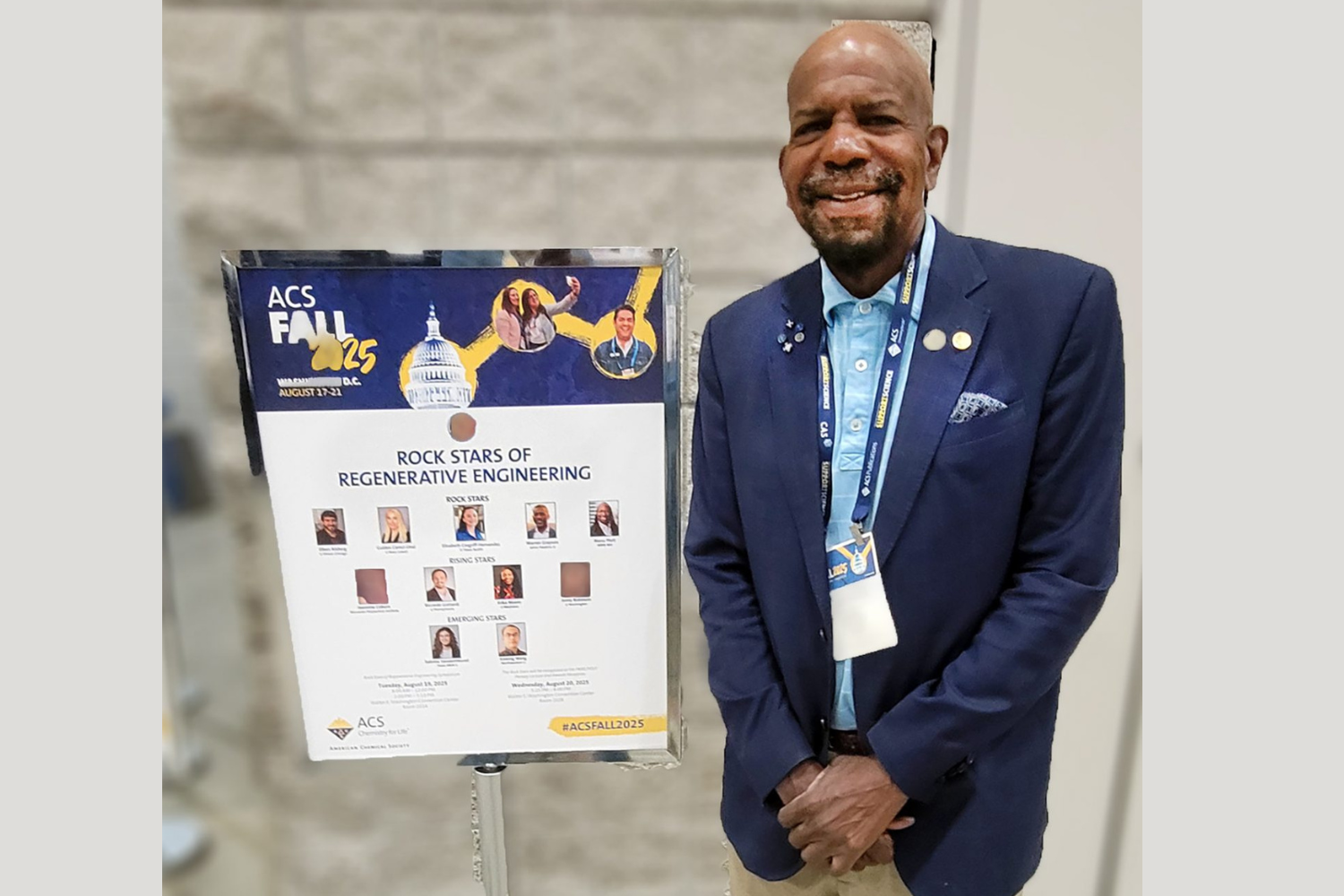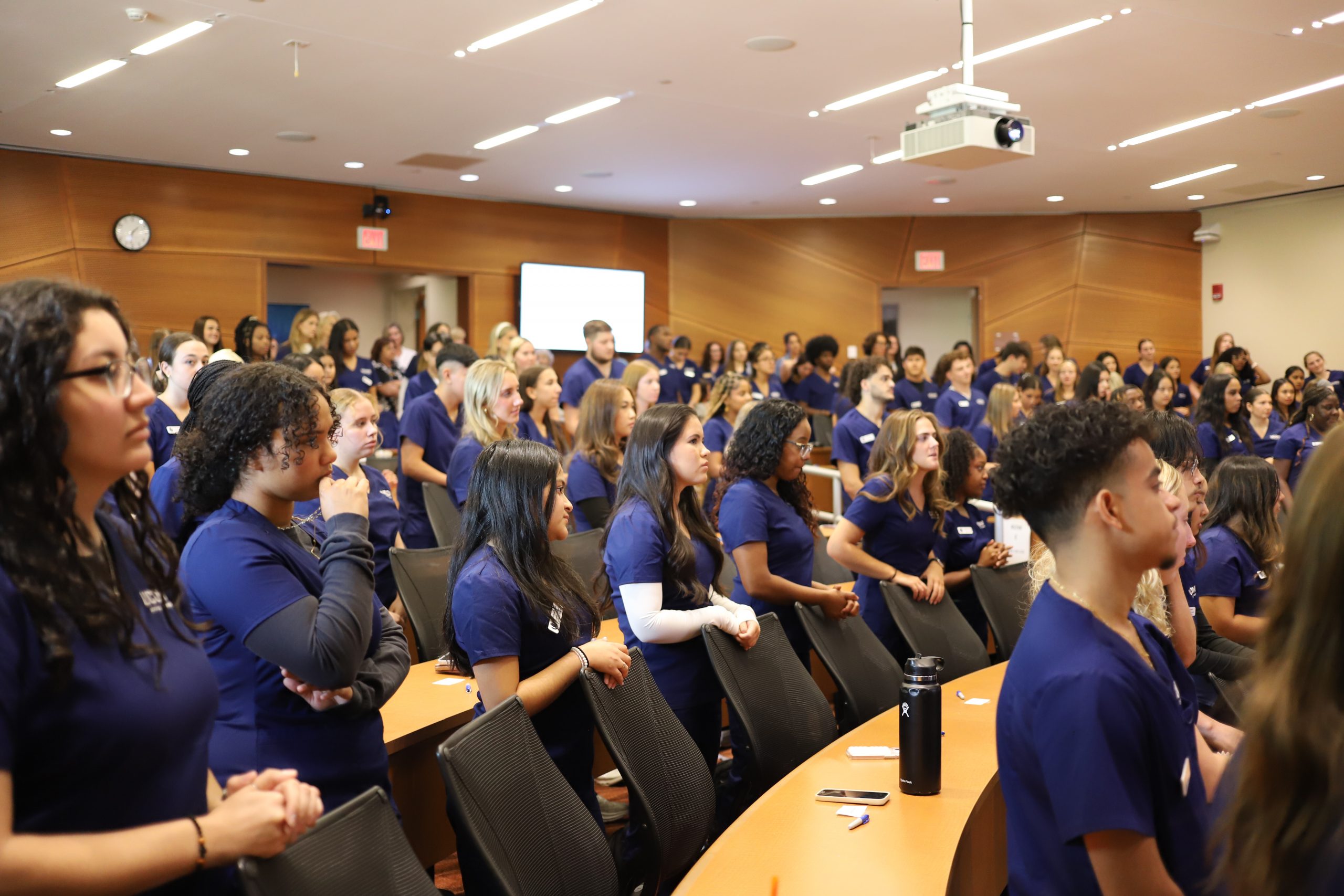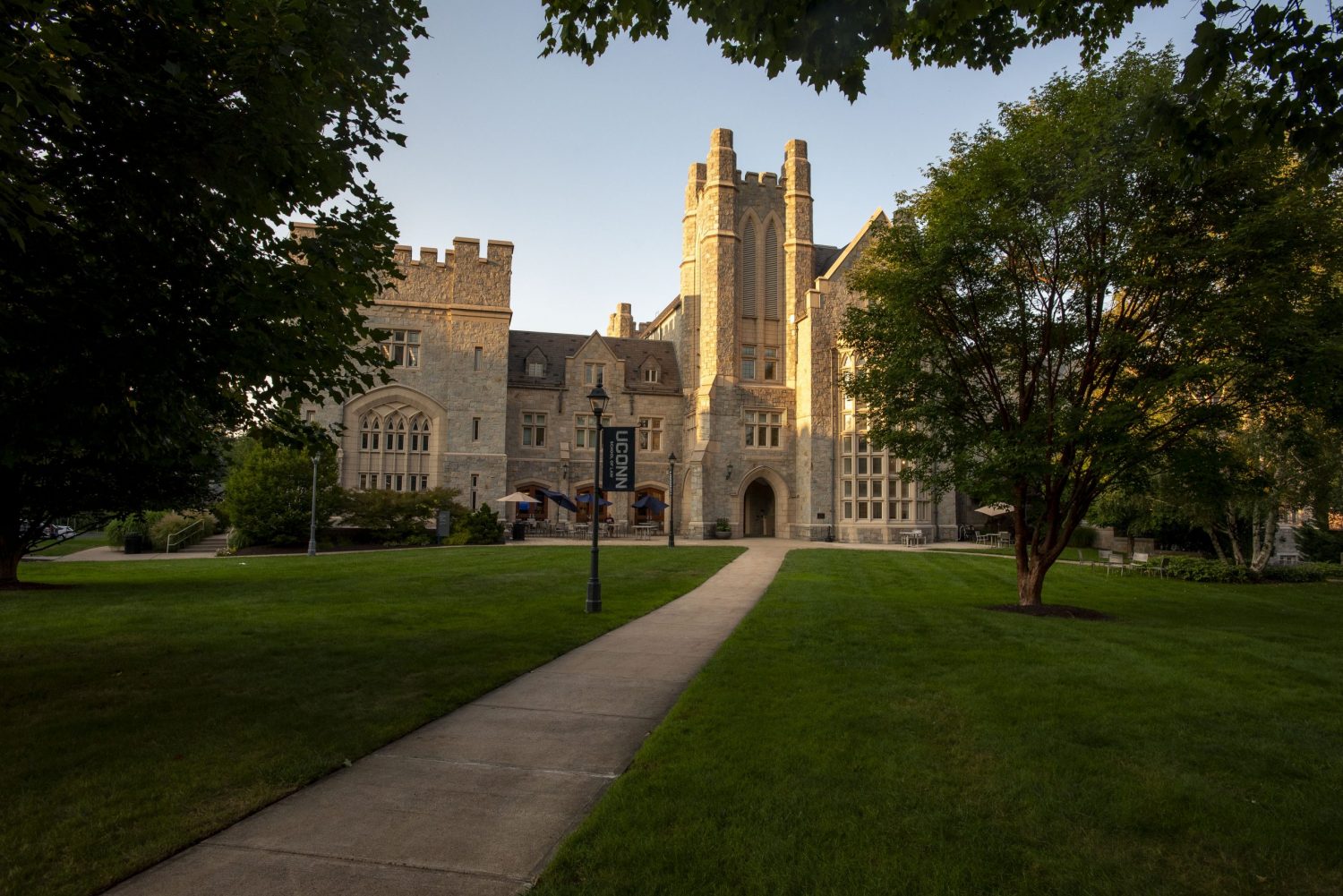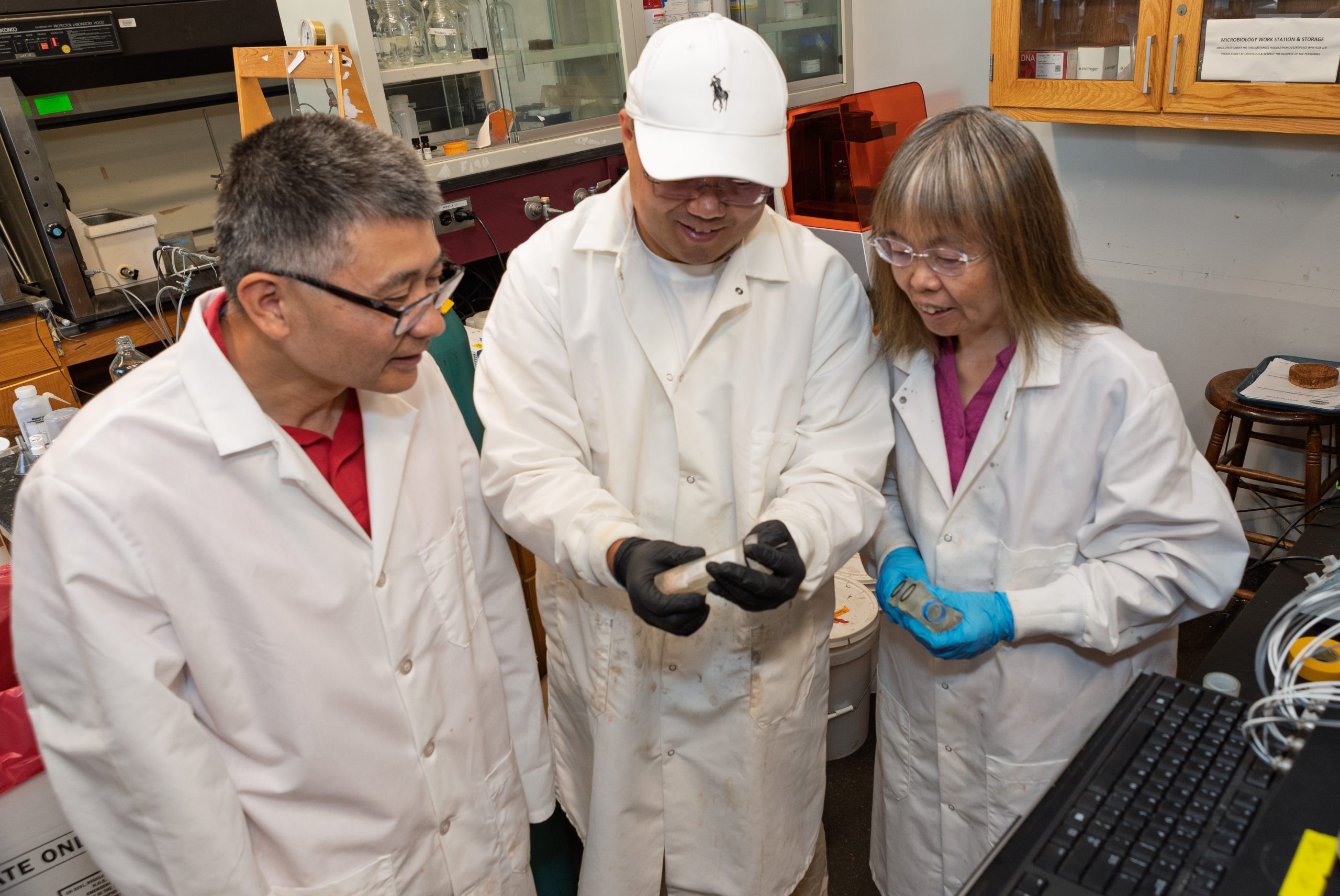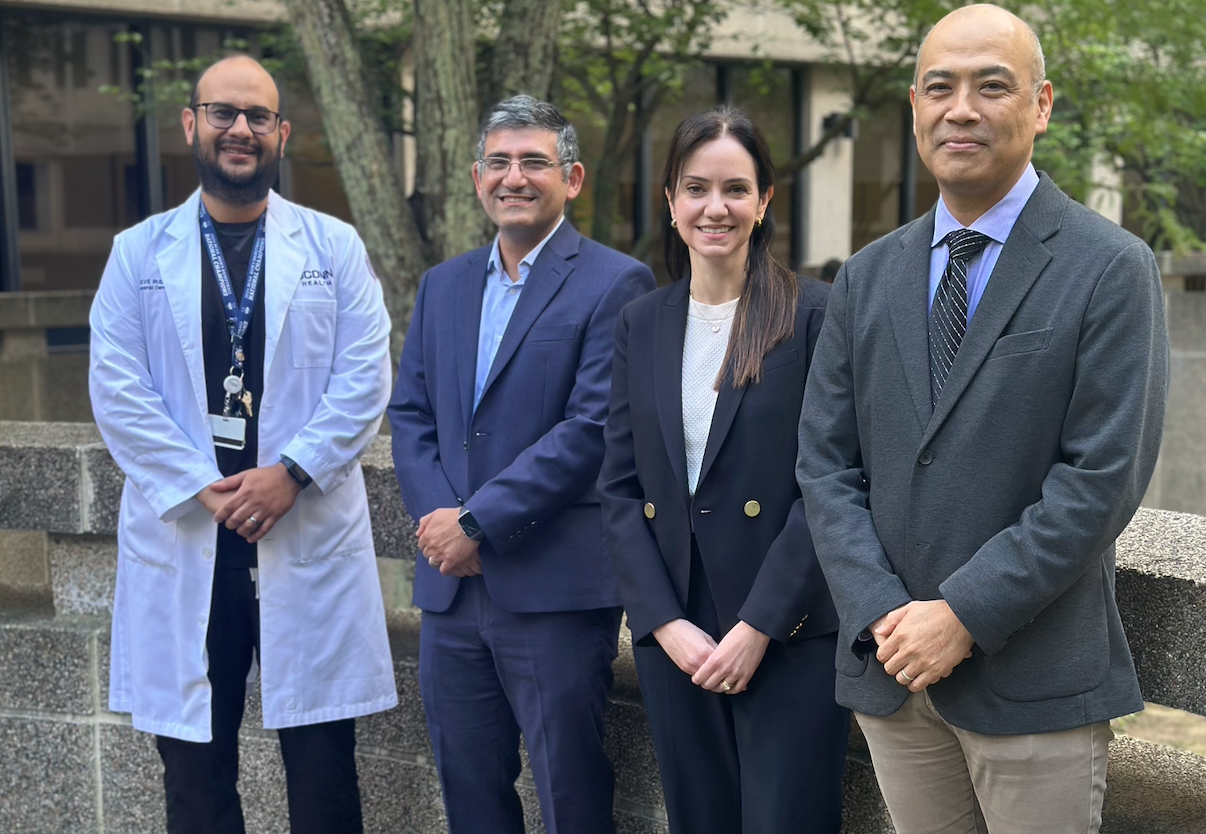$17.7 Million Contract Funds Development of Non-Invasive Biomarker Detection Technology
Amid the summer months, the discomfort of the grueling heat is intense.
But the human body can acclimate to the heat and reduce its toll. Heat acclimation is especially important for groups like warfighters, who are exposed regularly to extreme temperatures in the line of duty.
However, there is no easy way to tell when someone has acclimated or recovered from a bout of heat stress.
To address this issue, a $17.7 million competitive contract from DARPA (Defense Advanced Research Projects Agency) is funding the development of a non-invasive technology that can provide objective biometric measures of heat acclimation.
Elaine Choung-Hee Lee, professor of kinesiology in the College of Agriculture, Health and Natural Resources (CAHNR), is leading UConn’s contribution to the collaborative effort with Boston University. Boston University is the primary awardee of this contract and UConn is the subawardee.
The goal of the DARPA SNAP (Smart Non-Invasive Assays of Physiology) Program is to develop non-invasive ways to objectively test warfighter readiness in a variety of domains, including heat acclimation.
Currently, determining when someone has acclimated to the heat requires measuring their rectal temperature, heart rate, and sweat responses over time – a cumbersome and relatively invasive process.
The Boston University team is developing a disposable, wearable paper sensor that will use biomarkers (various kinds of small molecules) in saliva samples to predict someone’s performance in hot conditions.
The prospect of a saliva-based paper test is particularly attractive for military uses because the sample can be collected in the field without extra equipment like needles.
“There are multiple aspects of the saliva sample that were really interesting,” Lee says.
Lee’s lab will test the sensor’s efficacy with samples they gather from human subjects, with their informed consent, and determine which biomarkers to use.
“That’s really valuable because we need to be able to show that the tool can detect recovery and acclimation,” Lee says.
In the lab, participants are exposed to an approximately 104-degree Fahrenheit temperature with 40% humidity conditions. They perform physical exercise, like walking or running on a treadmill. Over the course of 14 days, participants measurably acclimate to the environment.
Using hundreds of samples collected from participants, Lee’s team will determine how effectively the sensor can detect biomarkers in general and develop a better idea of which specific biomarkers are most useful in determining heat acclimation.
“Right now, they’re just showing that the sensor can work, and it can detect protein, or RNA, or micro RNAs,” Lee says. “But they don’t have a specific target yet, and that’s also part of UConn’s work – to discover what kind of biomarkers we should be looking at.”
To determine which biomarkers are good targets, Lee will look at which biomarkers significantly increase or decrease when a person becomes acclimated to the heat, determined through known physiological markers.
“It’s not just one biomarker that we’re looking at,” Lee says. “We’re looking at over 20,000 genes and thousands of proteins, metabolites, and noncoding RNAs just to see what the patterns are.”
Lee’s lab is sequencing the saliva samples with the UConn Center of Genome Innovation.
After Lee and her collaborators complete their work, Los Alamos National Laboratory and Livermore Laboratory will complete validation of the technology.
While the researchers are starting with heat acclimation, the technology could potentially be used to measure acclimation to other adverse environmental conditions like high altitude.
“It’s a really powerful way to look at monitoring athletes, and warfighters, and just anybody,” Lee says.
Approved for Public Release, Distribution Unlimited
Latest UConn Today
- Rock Stars of Regenerative Engineering Symposium at the American Chemical Society ConferenceThe symposium, coordinated by ACS’s Division of Polymeric Materials Science and Engineering, highlights the Regenerative Engineering Society, founded by UConn's Dr. Cato T. Laurencin.
- UConn School of Nursing Hosts Annual Transitions to Clinical CeremonyThird-year nursing students embark on the second half of their nursing education.
- Diane W. Whitney ’85 JD Elected to UConn Board of TrusteesWhitney is set to serve a 4-year term
- Five UConn Law Faculty Members Honored with Named ProfessorshipsThese appointments celebrate individual contributions while affirming UConn Law’s dedication to shaping the future of law and justice.
- Smart Water Sensors Help Preserve Clean Water SuppliesA College of Engineering research team is developing smart sensors for monitoring municipal wastewater, soil and other treatments with more accuracy and stability than existing sensor technology
- School of Dental Medicine Announces Faculty PromotionsFour faculty members received promotions








